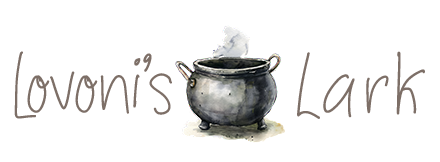The important effects food has on mood and brain health is profound. Food can have a huge impact on your overall wellbeing. The subject strikes close to home after losing my mum in 2022 to dementia, an absolute horror of a disease. This made me dig deeper into my nutritional studies learning about the impact food has on not just on our bodies but on our mood and brain health. There’s lots of talk about how certain foods and drinks can affect our liver, or gut, kidneys, heart and of course, weight. However, little is spoken about how what you consume has a profound impact on the health of your brain.
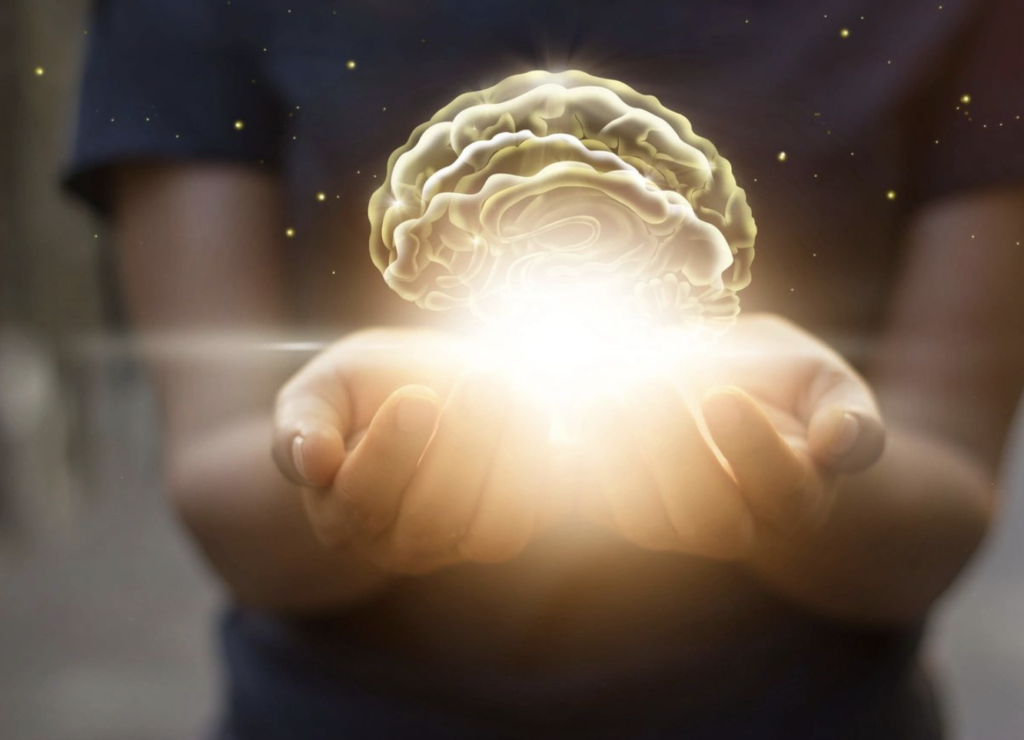
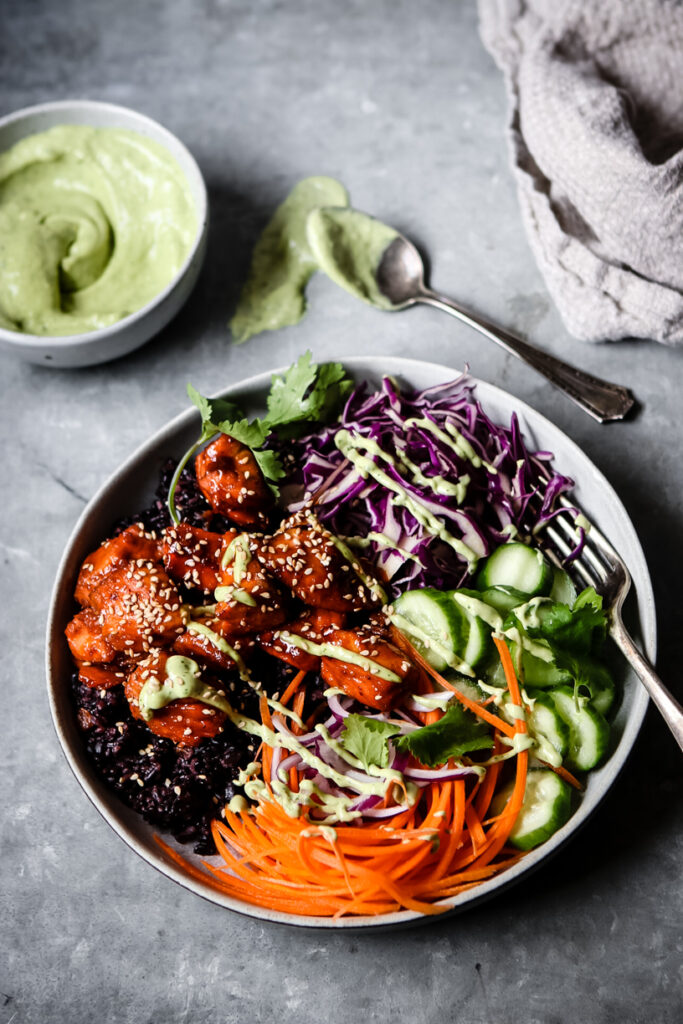
The effect of food on the brain and one’s mental and emotional state is profound. There’s a reason for the phrase “you are what you eat” was stated: ‘You are what you eat so don’t be cheap, fast or fake.’ Food is our fuel. You’d not put the wrong fuel in your car so why do we do that to our bodies. Eat small portions of whole, nutrient-dense food, drink water and move and your body will thank you and you’ll feel pretty good. Sounds easier than it is right? Choosing nutrient dense food like salmon and other seafood can go a long way to helping you think more clearly, have more energy – thanks to the vitamin B12 and all the incredible benefits omega-3 fatty acids bring to the table – pardon the pun. Speaking of vitamin B12 – do you know that mussels and clams are some of the highest sources of B12 and omega-3 fatty acids. Both show to improve brain health, overall mood, heart health, energy and a slew of other benefits. If you can, try and get one or both into your diet at least once a week if possible.
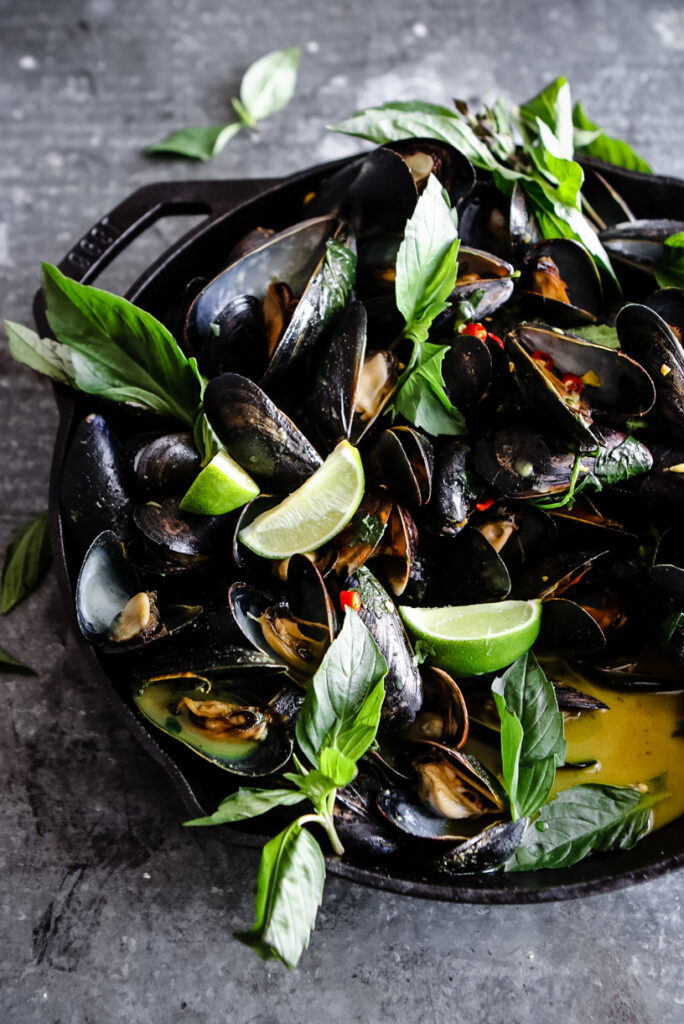
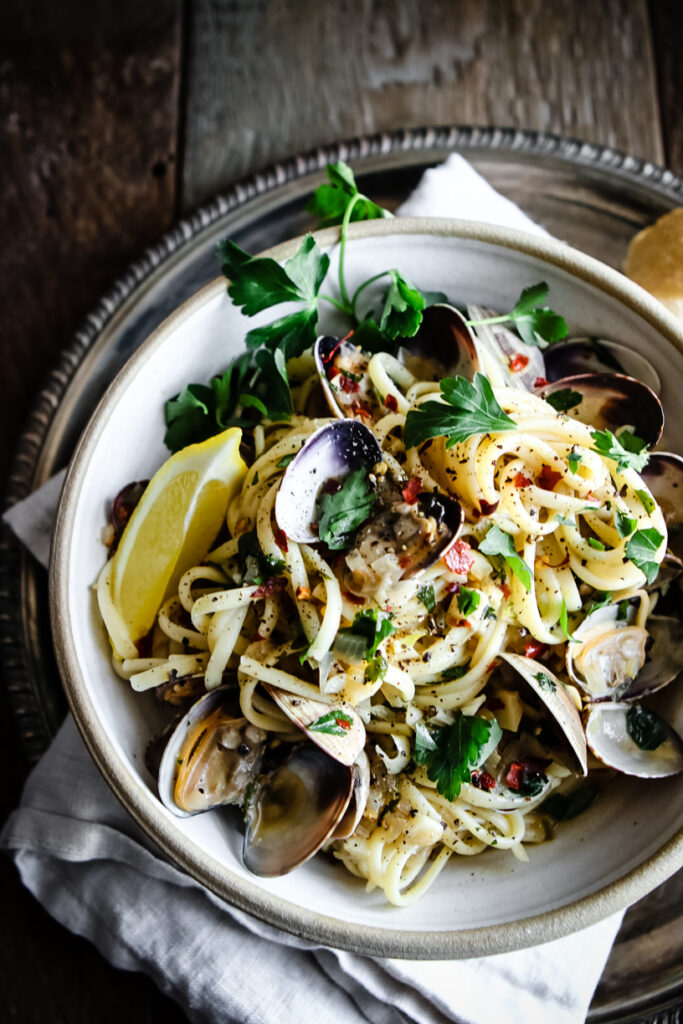
You can find vitamin B12 in (grass fed) meat, dairy, and seafood such as bivalves – clams, mussels, scallops, oysters and such. Clams are actually the top source. When individuals are cutting out those food categories, they’re going to miss vitamin B12. Even though you store several years of B12 in your liver, you can go for a while without eating it, it’s something that you do need to replenish. Even with low levels of B12 you can get symptoms like depression and brain fog and then eventually, if people are B12 deficient, you end up with really significant depression and then dementia. This is something that concerns me because of mum developing dementia. We need to take care of our brain.
What is the Relationship Between Food and Mood? It is well known that unhealthy eating patterns can cause mood swings. Blood sugar fluctuations and nutritional imbalances are often to blame. Without a steady source of fuel from the foods we eat, our mind and bodies don’t function well.
This is a list of, quite obvious really, things to do to help your mood and your brain:
- Eat at set intervals throughout the day
- Choose less refined sugars and eat more whole grains
- Include protein at each meal
- Eat a variety of nutrient dense foods
- Include omega-3 rich foods, like oily fish, in your diet
- Reach and maintain a healthy weight
- Drink plenty of fluids, especially water
- Get regular exercise
When you consistently eat a diet rich in nutrient dense foods, you’re setting yourself up for fewer mood swings and a better ability to focus. Not to mention a healthier brain. A diet consisting mainly of whole, unprocessed foods can help with symptoms of depression and anxiety. Following a healthy eating plan can keep you energized and help you to feel your best. While good nutrition is an important component of your emotional well-being, it is not a substitute for proper medical care and treatment. If you have concerns about your mental health, talk to your health care provider.
These are the power nutrients which show evidence they can impact the prevention of depression. Sadly the western diet is lacking in a lot of these nutrients:
- FOLATE – dark leafy veg; fruits and their natural juices; nuts, peas, seafood, eggs, dairy, meats, poultry and whole grains.
- IRON – nuts, dried fruit, wholegrain pasta and bread; legumes, dark leafy veg, oats, tofu.
- OMEGA 3 FATTY ACIDS – olive oil, fish, nuts, avocado, meat.
- MAGNESIUM – pumpkin and pepita seeds, chia seeds, almonds, cashews, oats, peanuts, spinach.
- POTASSIUM – potato, bok choy, white beans, beets, Brussels sprouts, broccoli, cantaloupe, banana.
- SELENIUM – brazil nuts, poultry, pork, fish, beef
- THIAMINE (B1) – pork, fish, legumes, peas, enriched pastas, breads, sunflower seeds.
- VITAMIN A – leafy greens, bell peppers, cantaloupe, mango, beef liver, tomatoes, fish oil, eggs
- VITAMIN B12 – mainly animal meat, clams, mussels, eggs, dairy, fish.
- VITAMIN C – citrus, tomatoes, potatoes, bell peppers, kiwifruit, broccoli, strawberries, brassicas.
- ZINC – oysters, red meat, poultry, beans, nuts, crabs, wholegrains, breakfast cereals, dairy.
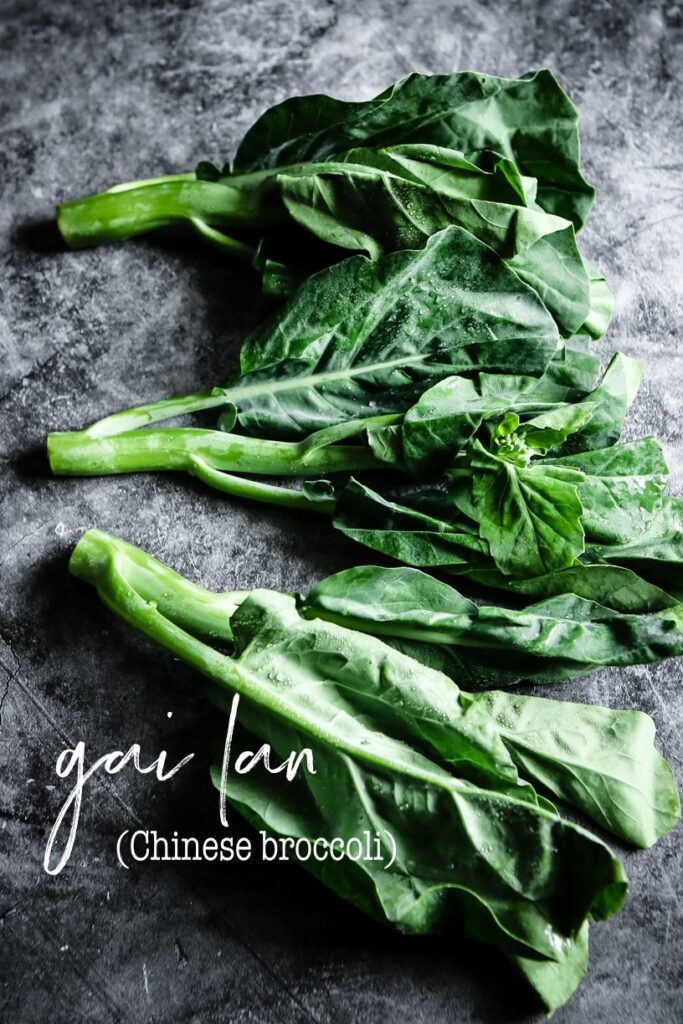
A book I recommend is “Eat to Beat Depression and Anxiety” by Dr Drew Ramsey.
Start small, that’s the way sustainable change takes place. Add a couple of things from the list above each week and keep adding bit by bit. At the same time you’re reducing the amount of sugary, processed food. Move a little. Start small and work your way up. The importance is to make it sustainable. It’s been my problem over the years in trying to lose weight and get healthier is that I charge at it only to fail because I set too high goals or expectations. I’ve learnt my lesson and now I’m in it for the journey, not the race. What about you?
